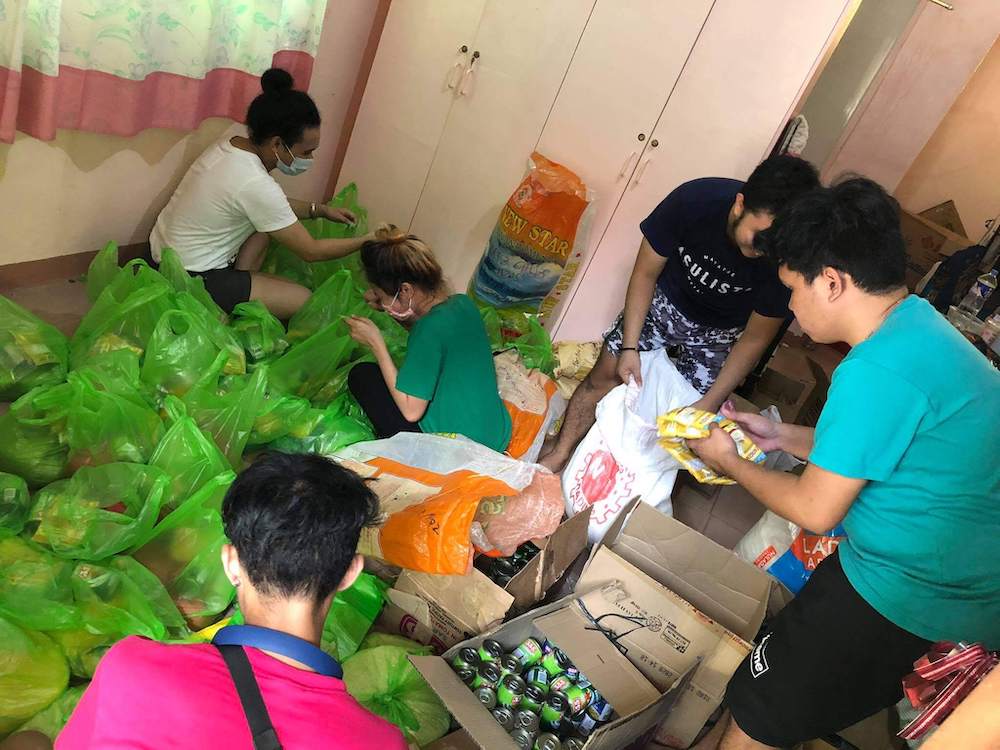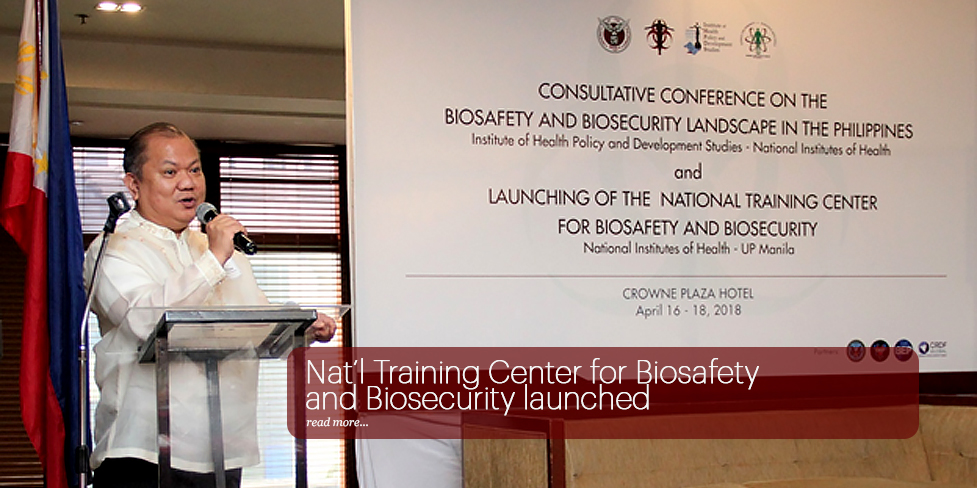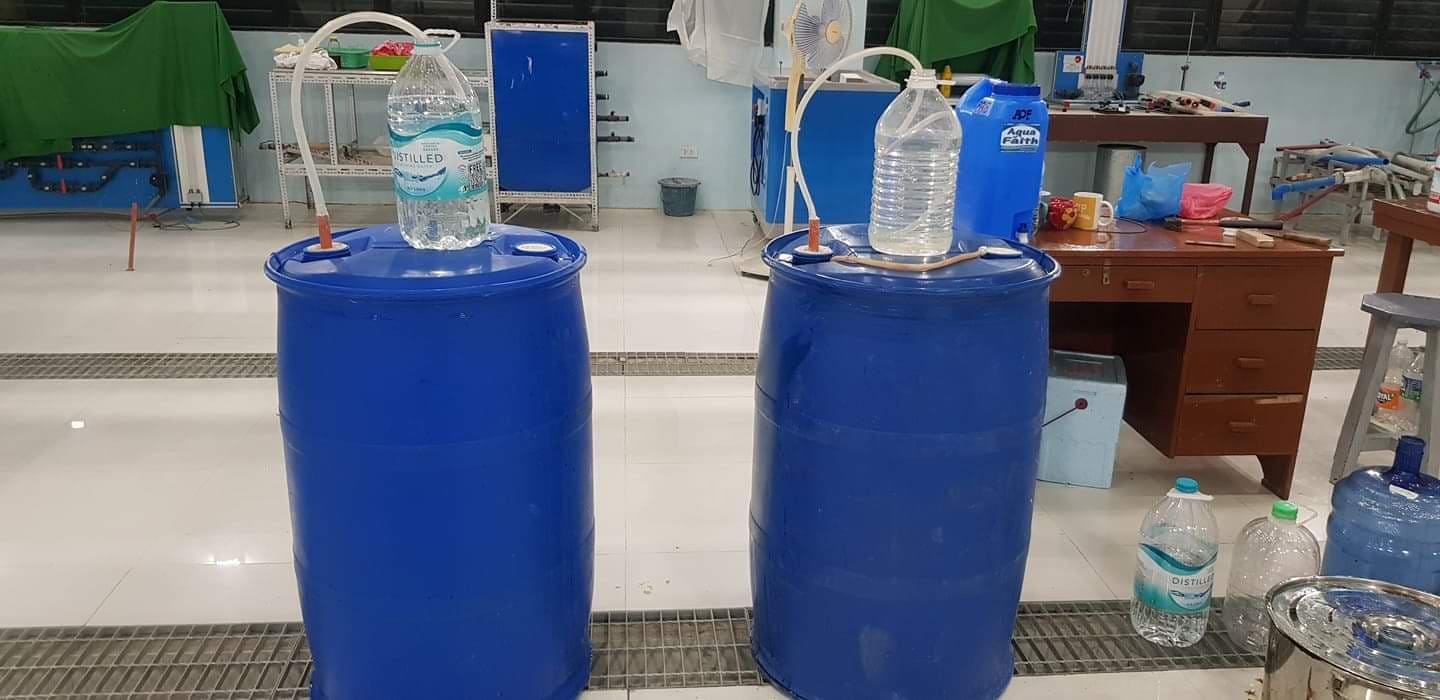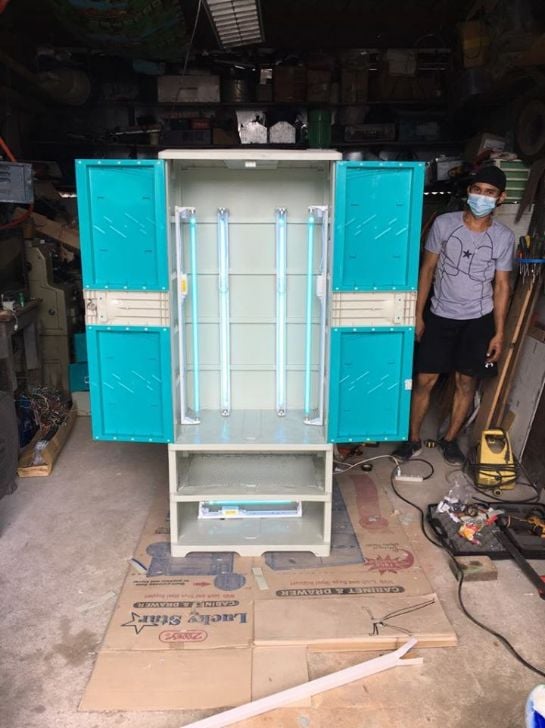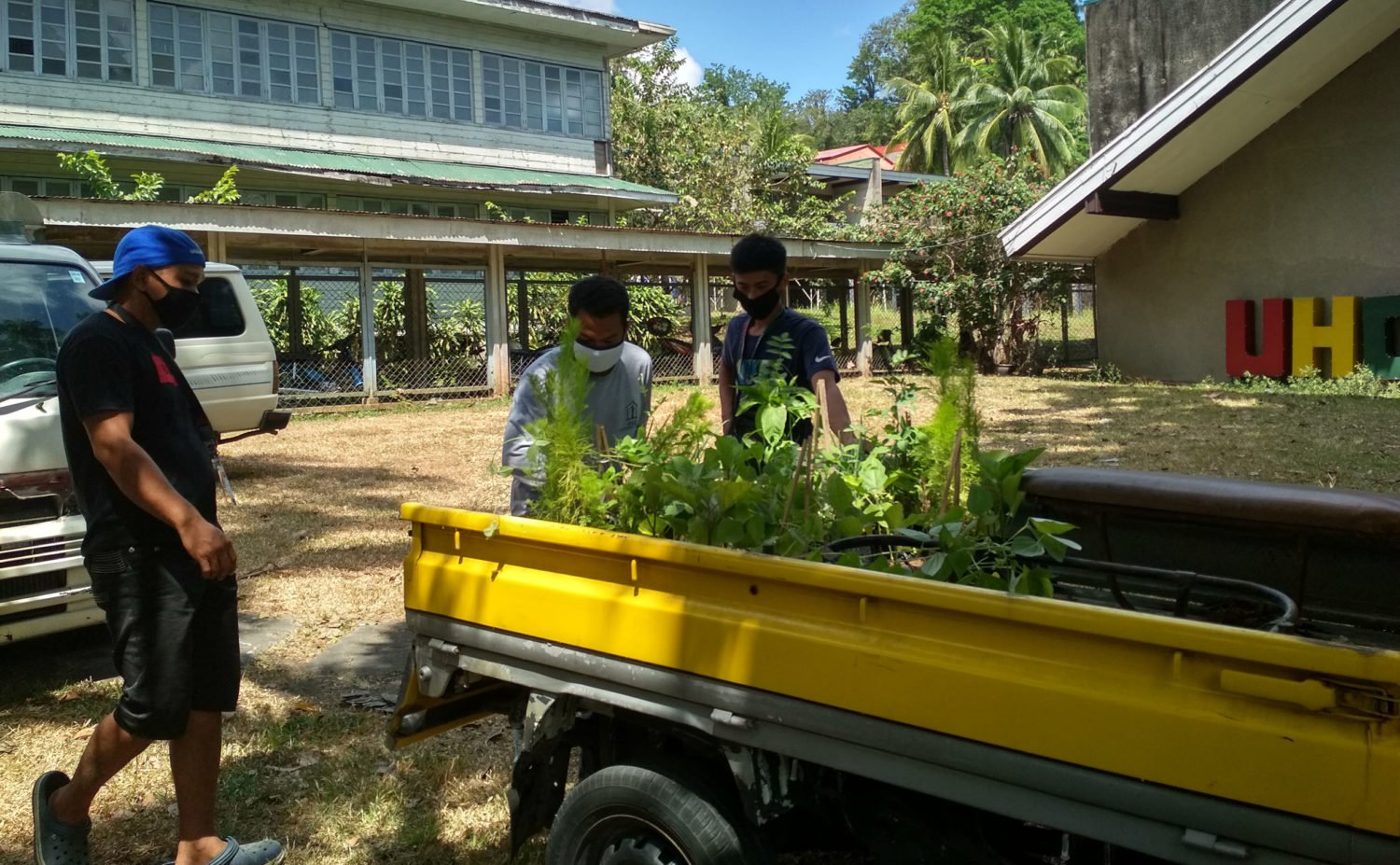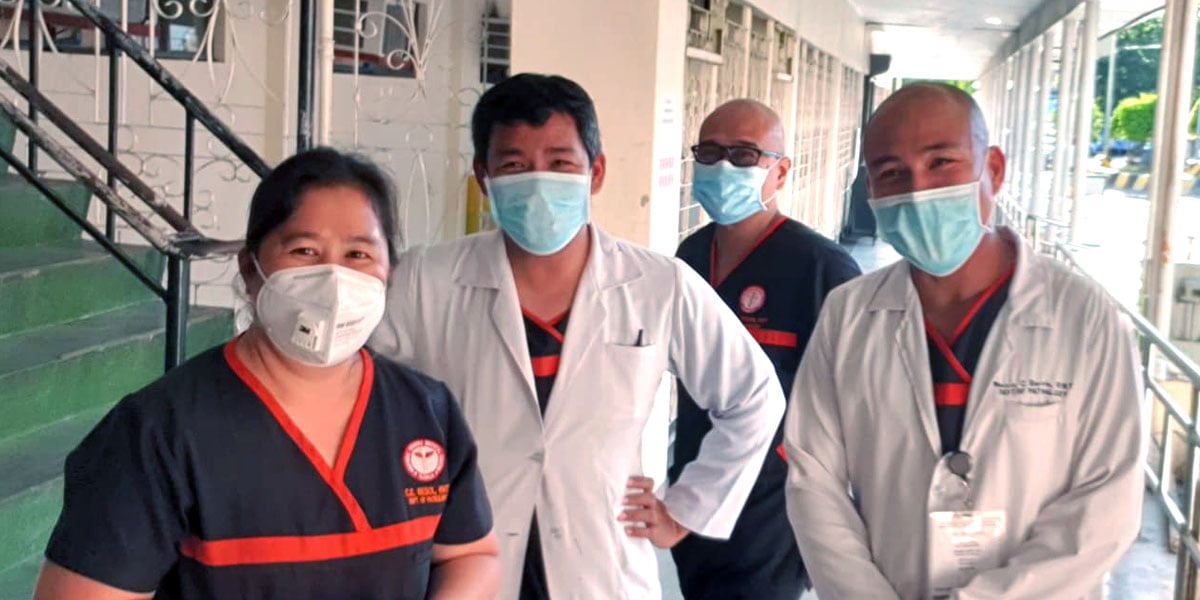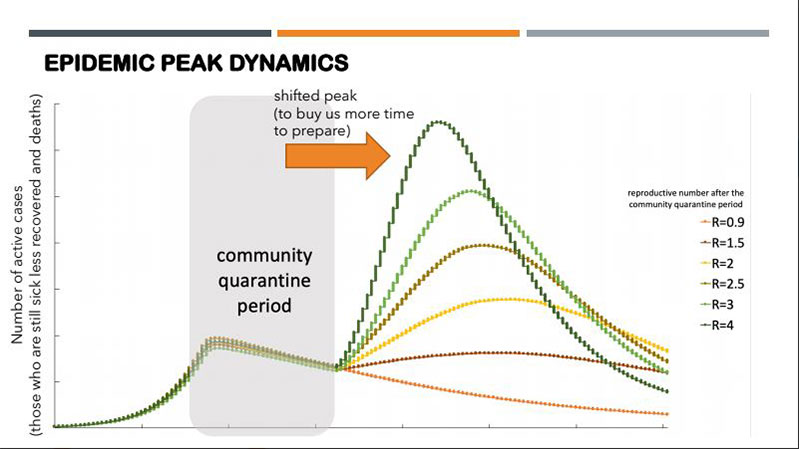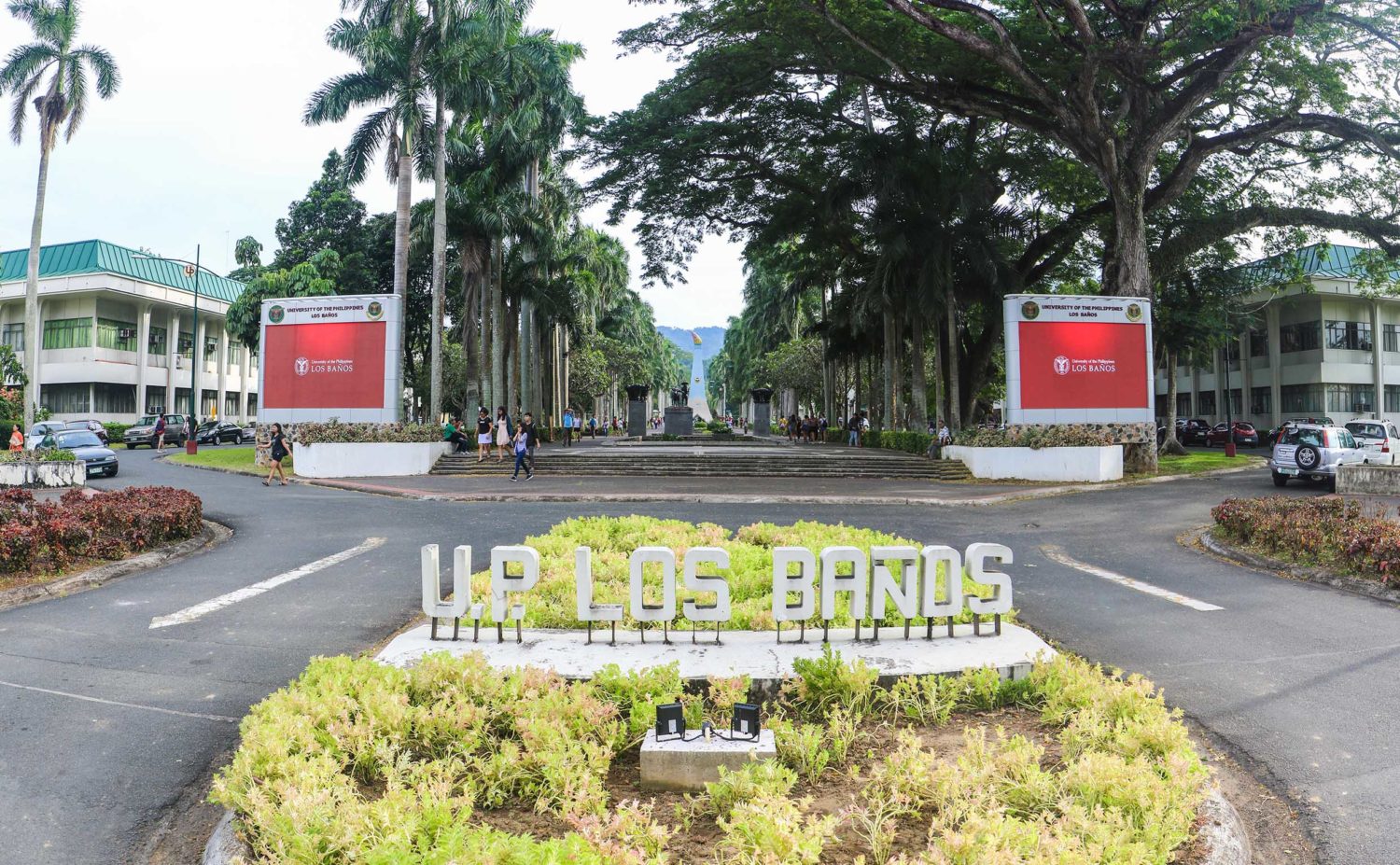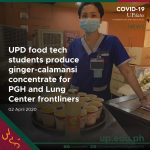The bayanihan spirit is vibrant in UPV, as seen in various initiatives undertaken by UPV alumni, students, other constituents, as well as some members of the community. It has been three weeks since community quarantine measures have been imposed in the Province of Iloilo. Nonetheless, cash and in-kind donations have been flowing in, thanks to the initiative of benevolent people, whose sense of solidarity and genuine empathy for those affected, outweigh the desire for personal convenience.
Category: COVID 19-RELATED RESPONSE
The creation of the National Training Center for Biosafety and Biosecurity (NTCBB) under the National Institutes of Health was approved by the UP Board of Regents on February 22, 2018. The NTCBB becomes the 11th component institute of the NIH, along with three centers and more than 40 study groups. With the approval of the Center, the BOR also approved the creation of the National Biosafety Framework that covers aspects of both biosafety and biosecurity.
UP Visayas is gearing up to produce more alcohol solutions for use in sanitation in the current public health crisis.
The School of Technology (SoTech) is leading the production of ethanol as an initiative of UPV chemists and the UPV administration.
With the continued shortage of personal protective equipment (PPEs), masks, and other safety materials against COVID-19, a lot of people are forced to reuse and recycle equipment that are supposed to be disposable! This is especially alarming in the hospital setting, particularly in medical facilities handling patients who tested positive of the virus.
Knowing how dangerous that can be, University of the Philippines (UP) engineers have found a way to help our frontliners by designing a special UV cabinet for disinfecting hospital gowns.
On April 1, EL delivered freshly picked kamote tops, eggplants, red and green lettuce, chili,spring onions, señoritabananas, and papaya, as well as edible flowers like samsamping(blue ternate) and katuray(vegetable hummingbird) to Office of Student Activities (OSA) Director Rocky Marcelino.
OSA is an office under the recently elevated Office of the Vice Chancellor for Student Affairs from what was the Office of Student Affairs. Dr. Eleno Peralta heads the OVCSA.
The University of the Philippines Los Baños (UPLB) has offered to convert its existing research laboratories to become a subnational testing center for the coronavirus.
Among the university’s options are laboratories housed at the Institute of Plant Breeding or the National Institute of Molecular Biology and Biotechnology (BIOTECH), with facilities both located right outside the academic campus.
Once functional, UPLB’s testing hub could be the first in Southern Luzon to complement the national government’s efforts to mass test thousands of suspected virus carriers.
The Western Visayas Medical Center (WVMC) got another boost in its coronavirus disease 2019 (CoViD19) testing mission with another batch of supplemental equipment donated by the University of the Philippines Visayas (UPV) through its Philippine Genome Center (PGC Visayas).
Data scientists from the University of the Philippines project the virus to infect around 600,000 to 1.4 million individuals in the country, with 80% from Metro Manila.
In its report, the UP COVID-19 Pandemic Response Team emphasized the need for community collaboration to fight the deadly virus, which has infected nearly one million people across the globe.
UPLB may be on SOS mode as it raised an urgent call for donations to provide food and other needs of around 1,500 of its students who are stranded in dorms inside and outside the campus due to the Luzon-wide enhanced community quarantine (ECQ).
But its heart for service as an institution and the independent acts of kindness of its constituents shine through the challenge that the country is facing with the COVID-19 pandemic.
Meghan Sevilla and Sofia Tagle, 4th year BS Food Technology students from UP Diliman’s College of Home Economics (CHE), formulated and produced a ginger-calamansi concentrate called Lucal. Lucal can easily be consumed when mixed with warm or cold water.

